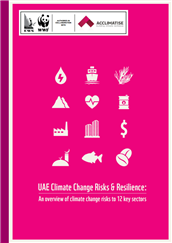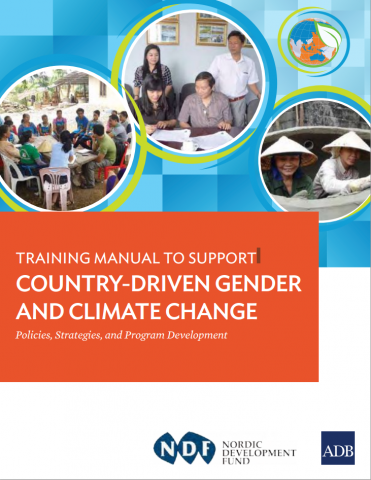The State of the Humanitarian System 2018 Report
This report from ALNAP outlines humanitarian needs over the period of 2015-2017. It includes an overview of available resources to address those needs, details the current size and structure of the humanitarian system, and provides an assessment of the system’s performance in addressing humanitarian needs. The main report, along with a summary and other analysis, […]
The State of the Humanitarian System 2018 Report Read More »


